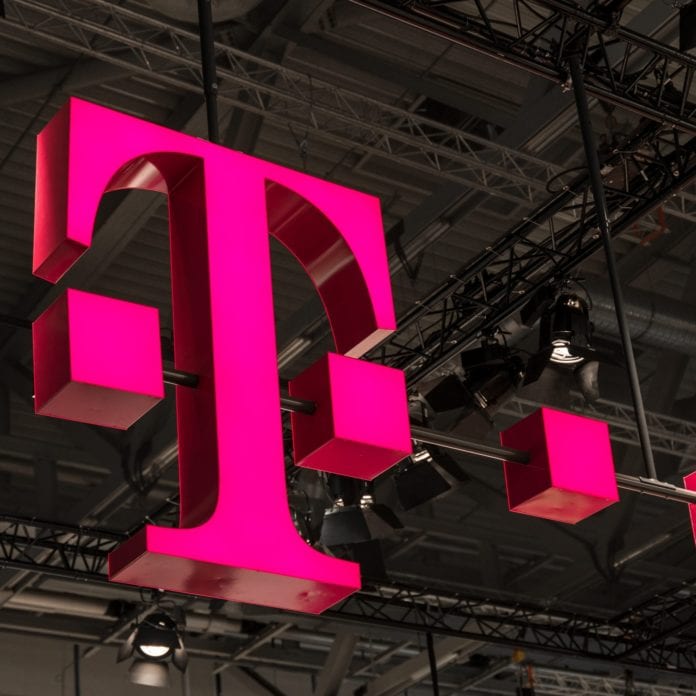The U.S. government said companies doing business with Iran will be barred from making deals with American firms
German telecom operator Deutsche Telekom (DT) has halted all business operations in Iran, following the new wave of sanctions imposed by the U.S government to the Asian nation, according to published reports.
The new sanctions against Iran stipulate that companies doing business with Iran will not be permitted to make deals with U.S. companies.
Detecon, which is part of Deutsche Telekom’s IT services business and provides consulting to telecom companies, has terminated its business there, the company confirmed to Reuters.
“Given the sensitivity in relations with Iran worldwide, Detecon ended its business in Iran with immediate effect in mid-May 2018,” a spokesman for the company said.
The decision by the German telco seems to be a move to avoid any future conflict with the proposed merger between Deutsche Telekom’s subsidiary T-Mobile US with Sprint.
DT’s business operations in Iran were minimal, limited only to its subsidiary Detecon, which had generated revenues of €300,000 ($343,000) in the first half of 2018.
Vodafone Germany to start verification of 5G devices next month
In other German telecom news, mobile operator Vodafone Germany announced plans to begin verification of its first 5G devices in September at its innovation lab in Dusseldorf, German press reported.
Vodafone aims test the new functionalities and features of 5G with real 5G antennas during these trials.
Vodafone Germany’s 5G testing area will determine whether devices like upcoming smartphones, tablets and internet of things sensors are compatible with 5G and with Vodafone’s own 5G network under various conditions.
Other German telcos are also testing 5G technology. Earlier this year, Nokia and Telefónica Germany signed a memorandum of understanding to develop a joint 5G innovation cluster. The two partners said this initiative would allow them to test networks and technologies on the path to 5G. The innovation cluster will be located at Telefonica’s lab in Munich, Germany. The two companies also said the cluster will be followed by trials in the operator’s live network, currently planned with priority in Berlin with the objective of building a benchmark network with “4.5G,” “4.9G” and 5G technology.
In May, Deutsche Telekom announced the deployment of the first 5G antennas to test the technology in downtown Berlin. The antennas, which are based on 5G New Radio (5G NR), allowed Deutsche Telekom to demonstrate what it claims to be Europe’s first 5G data connection over a live network. The telco said that it is currently in process to deploy a 5G cluster in Berlin.
Germany’s Federal Network Regulator (BNetzA) previously confirmed plans to award spectrum in the 2 GHz and 3.6 GHz frequency bands for the provision of 5G services.
The telecom regulator said that it aims to award 5G spectrum in early 2019.

